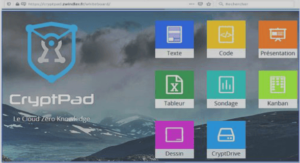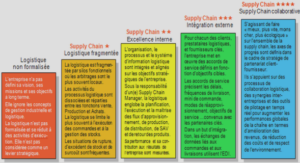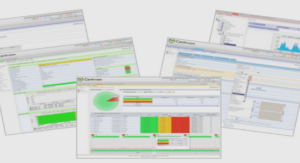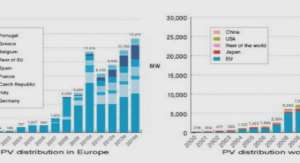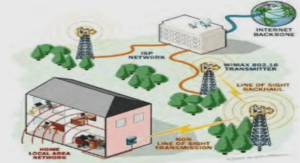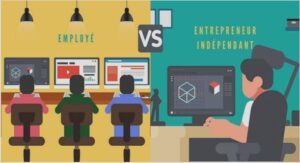Demonstrate skills essential for the study of history, tutoriel & guide de travaux pratiques en pdf.
Outline of Units
Course Introduction
Unit One – Personal Narratives
The opening exercise gives students direct insight into the creative act of writing history. This is achieved through a process of construction and critique of individual personal histories which students exchange and rewrite. This demonstrates how natural and instinctive the writing of history actually is and persuades them to think about the process of writing, editing and rewriting accounts of historical events and analyses.
Unit Two – Hollywood History
This analyses the issue of truth in history and the discovery of the ‘facts’ of history. Using film as a medium this unit investigates the issue of historical reconstruction and authenticity. How important the issue of truth in history has been problematised in this unit to explore the relative values of history as (respectively) entertainment and informed analysis.
Unit Three – Primary sources
This unit confronts students with primary sources and persuades them that sources must be used alongside other information. Questions are not so much asked of the sources themselves but students are persuaded to think what other information they need to know to make sense of the sources and use them to their best effect. Ultimately students are warned in this unit that sources do not ‘speak for themselves’.
Unit Four – Techniques of Historians
This unit emphasizes how questions are the lifeblood of historical enquiry and the generation of questions is fundamental to the construction and writing of history. Students use the skills of question forming and interrogation upon secondary sources which are linked to the types of material they encounter on undergraduate studies. By the end of this unit students should be confident and competent in generating and using research questions to aid their study of history.
Unit Five – Communicating History
This unit identifies the tools and techniques used by historians when studying and evaluating primary and secondary sources. From this students are persuaded to investigate the relationship between history and its audiences and how the subject can be communicated in an intelligent, informed and exciting way. This unit explores the changing forms and meanings of history over the many thousands of years that it has been in existence. Oral, written, rational and postmodern approaches are all explored though this unit.
Unit Six – Historiography
This unit explores how historians construct and write history, it investigates the numerous ideological and theoretical perspectives, which are regularly influenced by their knowledge and enthusiasm for other disciplines. They are persuaded that all history contains this ideological slant and similar assumptions. Students are made aware of this and this exercise introduces students to some of the more common ideological perspectives that they will encounter throughout their studies.
Unit Seven – Historical Writing
This unit focuses upon the importance of the tool of writing used by historians to communicate the history that they write. The way historians use these tools is determined by the bias, prejudice, standpoint and perspective historians adopt. The form and purpose of different types of historical writing is emphasised and students then engage upon an exercise in which they recognise and explore such types.
Unit Eight – Counterfactual History
This is intended to make students think through issues of causality and agency – and to consider the effects, consequences and implications of a specific historical event. Is history more – or less – Im/personal? Un/avoidable? Un/predictable? And precisely how far history exists as various kinds of ‘story’ are central questions tackled in this unit.
Unit Nine – Famous Historical Figures
This unit is concerned with demonstrating to students the fundamentally important exercise of critical judgement. Students are encouraged to think about how historians use their judgement all the time (which events/people/processes/theories are important and which are not). They are then invited to engage in this process of selection and to exercise judgement in the ensuing exercise.
Conclusion and Reflection
This sections allows students to pull together their learning experience from the modules and to reflect critically upon the..
Testing Regime
Piloting and testing of the projects is ongoing but we anticipate the course to be available for fullscale operation in the near future.
The Brookes History Department has also validated the course as a basic stage one module compulsory for all history students under our new semesterised programme from September 2004.

